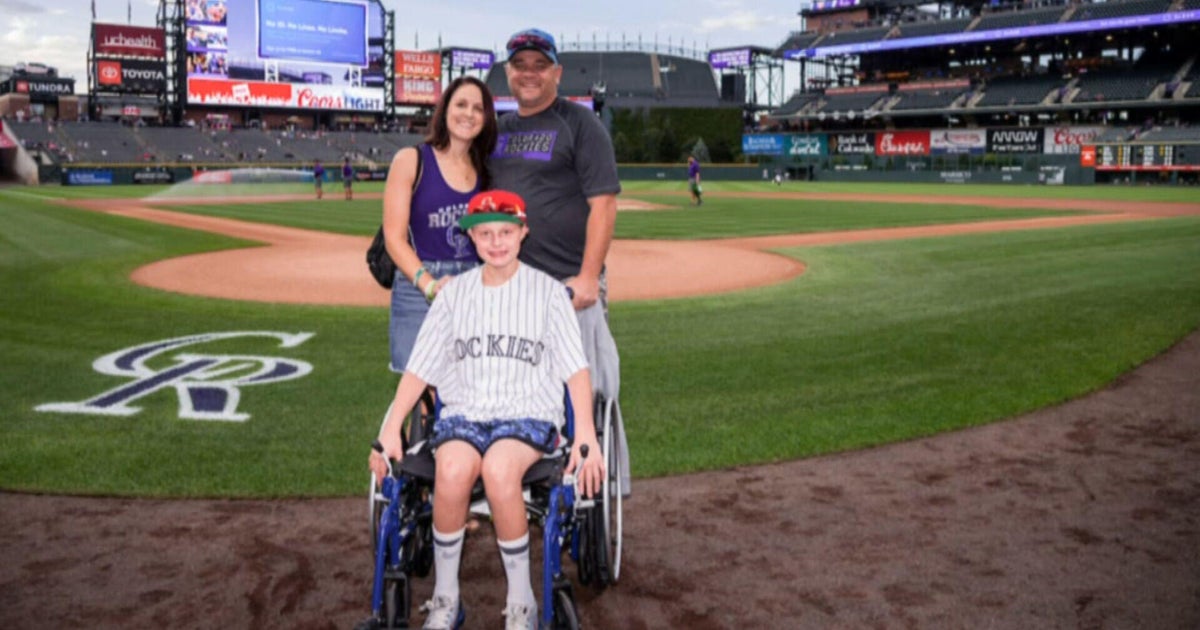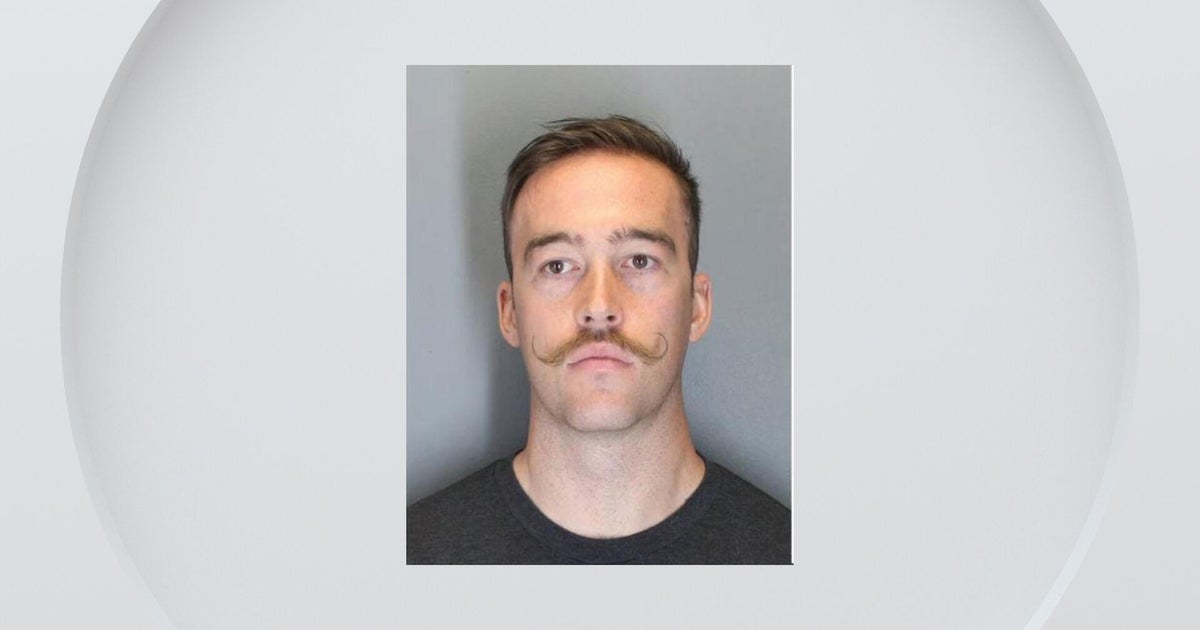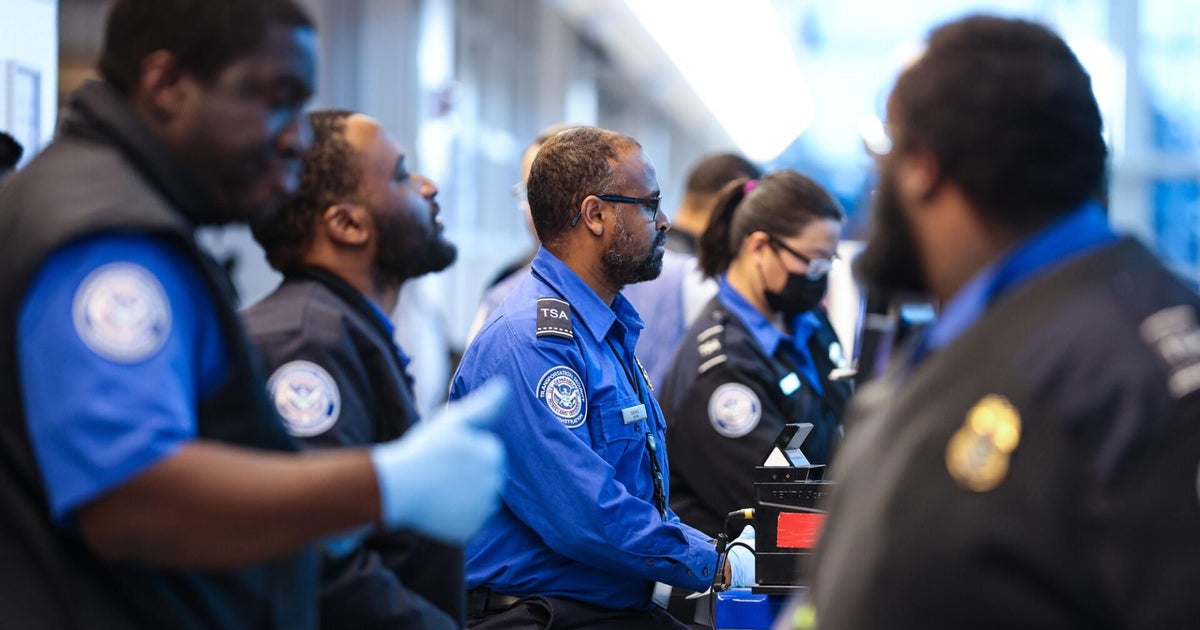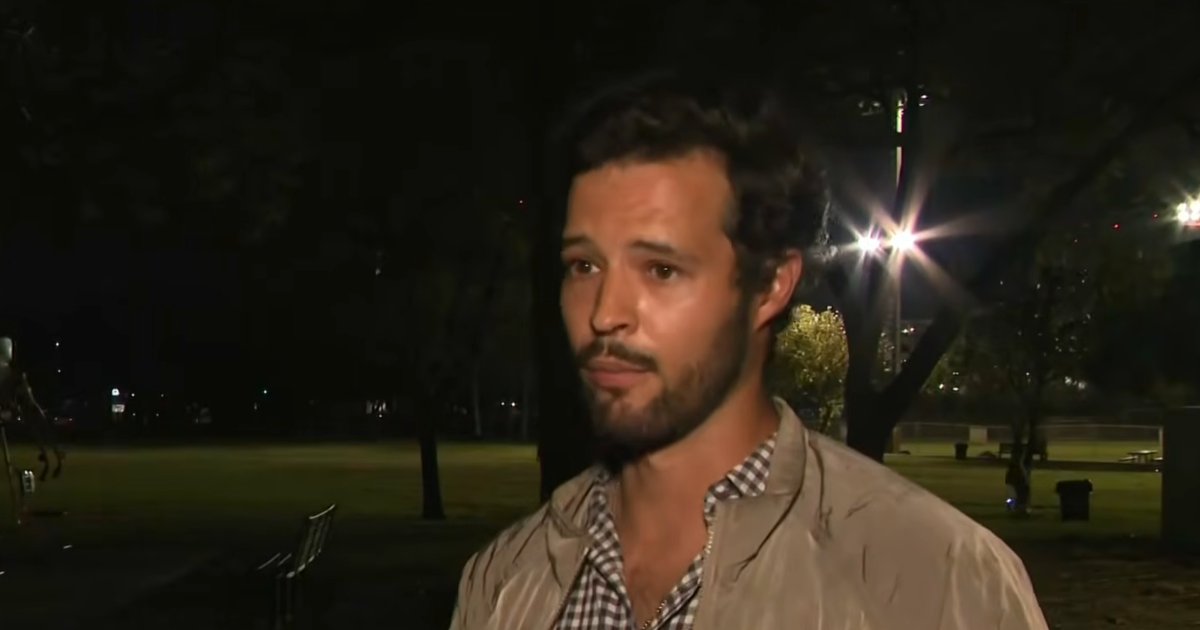SNAP benefits changing for some families in Colorado
Come Wednesday, families will be receiving their SNAP benefits without the additional emergency allotments they've been getting for the last three years.
Food Bank of the Rockies says statewide, that's about $53 million to $55 million less per month. Now they're bracing for the impact.
"Do I pay my rent this month?" asked Aditi Desai, of Food Bank of the Rockies. "Do I put food on the table to feed my kids?"
Through a network of partners, Food Bank of the Rockies provides meals to Colorado families who find themselves asking those tough questions
"Some of our mobile pantries have been seeing two to three times more people than they have been," Desai said.
The state's largest food bank says the need is still incredibly high post-pandemic as families grapple with rising prices at the grocery store.
"We're spending, as an organization, three times as much as we were pre-COVID to purchase food," Desai said.
And it's about to get higher. On March 1, the emergency allotments that boosted federal "SNAP" benefits will come to an end
"We're anticipating that the SNAP benefit per person will decrease by about $90," Desai said. "So for a family of four, they'll be receiving about $360 less per month."
The U.S. Department of Agriculture issued a 12.5% cost of living increase to SNAP benefits in October -- even so -- Desai anticipates losing the emergency allotments will be hard on families coping with inflation and rising food costs.
"They're hearing community members feeling very concerned about how they'll be able to continue affording food," Desai said.
Now food banks across the state are preparing to bridge the gap.
"We're anticipating that we'll be having to spend 20% more to purchase food and that would be on top of what we're already spending to meet the need which is higher than pre-COVID levels," Desai said.
Food Bank of the Rockies is always in need of volunteers and financial donations and they're not the only ones. Other food banks and pantries across the metro area told CBS News Colorado they're already seeing as much as a 50% increase in need.








